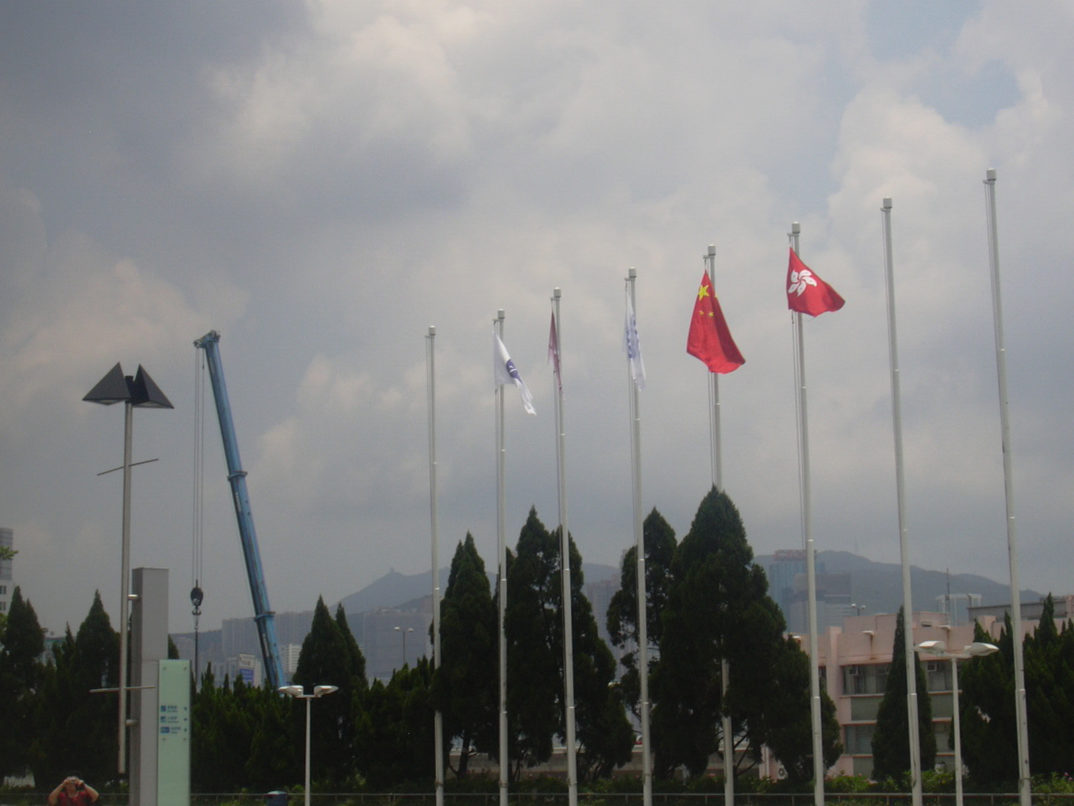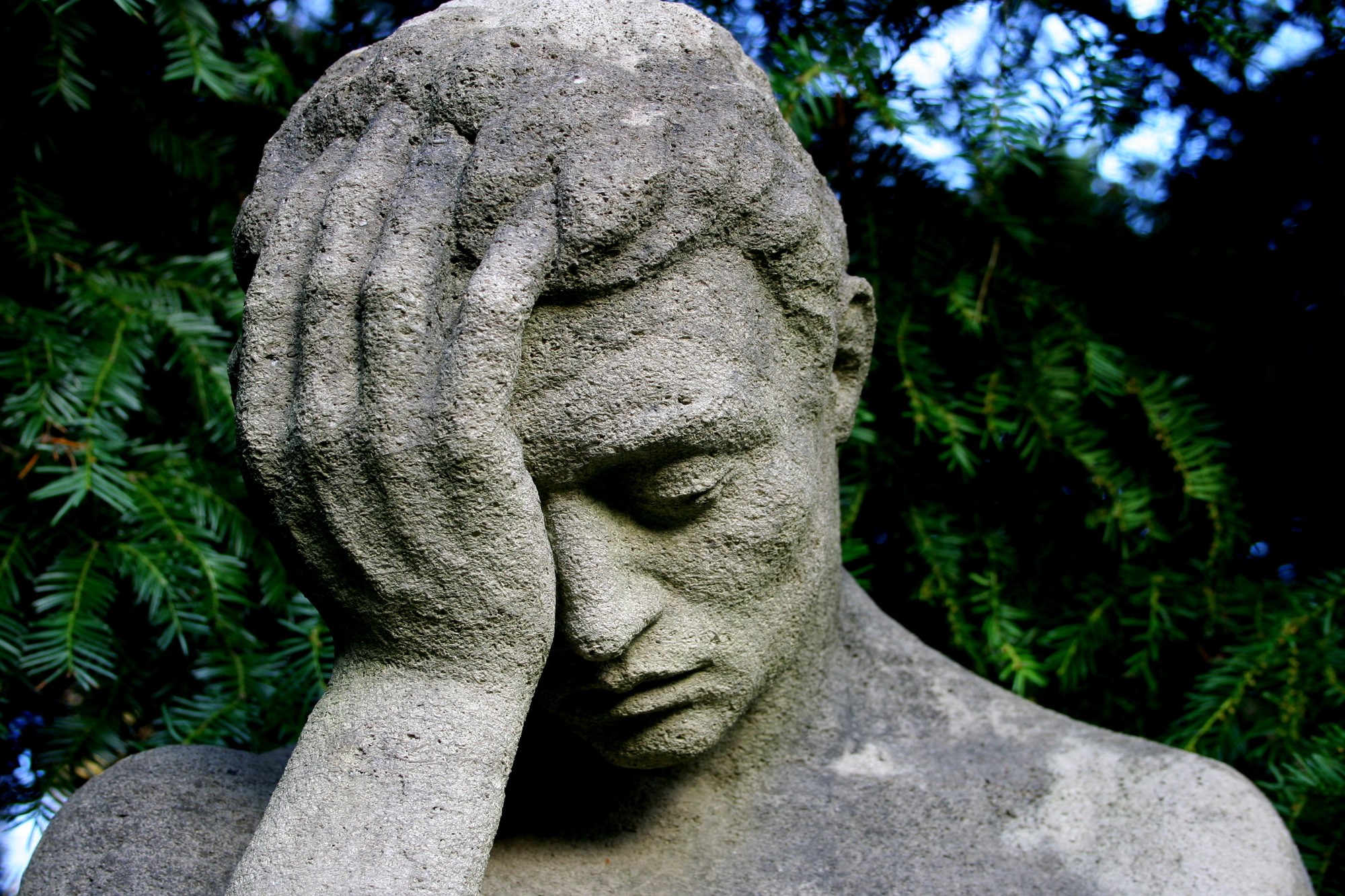Reckoning with Democracy in Decline
This article has a set of discussion questions tailored for classroom use. Click here to download them. To see a full list of our discussion questions, check out the Educational Resources page.
In the light of the recent decisions coming from People’s Republic of China regarding the elimination of the two-term limit on presidency, it is worth exploring the state of democracy in the world, and more specifically prospects for its survival. Even though China has never significantly approached fulfilling procedural minimum requirements for democracy, this move comes as a significant step away from classical conception of Chinese authoritarianism towards an even more closed political system. Setting China aside as just one among the sea of examples, one ought to focus on the reasons for which democracy or the ideals associated with democracy are globally in decline.
In its most recent survey of the state of democracy, Freedom House points to a disturbing trend: “Seventy-one countries suffered net declines in political rights and civil liberties” in 2017, following a steady decline in the world democracy that has accelerated since 2006. Even though this report causes little surprise, one needs to focus on a more important trend underlying the democratic decline—the decline of potential democratic candidates.
Venezuela has seen a sharp decrease in democratic practices, after many had hoped that after years of turmoil the country was finally on the right path. After the President Maduro organized a “fraud-plagued referendum and moved to seize control of the opposition-controlled legislature,” any hope of the democratic strengthening in Venezuela vanished. Going from a promising competitive authoritarianism that was moving towards the path of democracy, Venezuela reversed its path, accelerating towards dictatorship.
Turkey is another example of, at one point, a promising democracy, a country that was likely to become a EU member and lead the way for the new conceptions of Eurasian relations. Today, however, the situation is quite different. The gradual accumulation of power by President Erdogan resulted in massive arrests and imprisonments on political charges. Turkish-EU and Turkish-US relations have been increasingly hostile, showing Ankara’s alienation from the West and a step towards a new, authoritarian way of political organization.
China and Turkey are two among others that have been following similar path. But what are the reasons for this steady decline in democracy across the globe? One of the possibilities is the the unstable hegemony of the U.S. As the U.S. struggles to maintain its international influence, it focuses less on support for democracy and democratic practices. Another problem is the general struggle of the West to maintain full democratic practices within itself. From the U.S. to Hungary, different political groups are thinking differently about present democratic practices, and all of them are trying to change them. This might signal to the aspiring democracies that democracy might not be the answer, or that they cannot expect support from other countries while they are dealing with maintaining their own systems in place.
Lastly, another reason worthy of looking at is the overall discontent with democracy. It is possible that people of the world are starting to internalize the flaws of democracy and seek change, but in the lack of other better options, they tend to look at the past as the answer for future challenges. Unfortunately, one may find this disheartening, as one would hope that the world has learned the lessons from the past and will do everything to avoid repeating them.
The state of democracy is without any doubt in decline, and one needs to approach this process critically. Thinking the status quo is just a part of the cycle in which democracy might be in danger but will ultimately again claim the throne is hopeful, but ultimately there are myriad factors that one needs to account for in the ever-changing world. The burden now is on the citizens themselves. They will need to be the ones determining whether democracy is the answer, or whether they will attempt to find new answers for governance.





